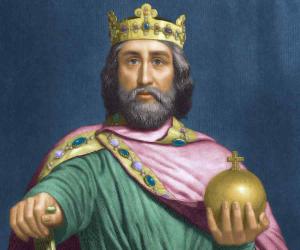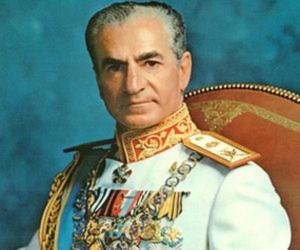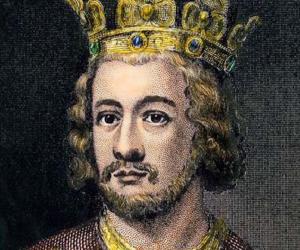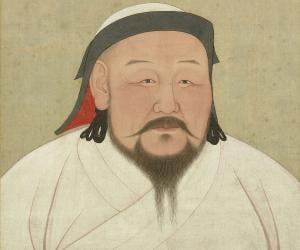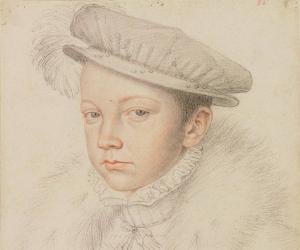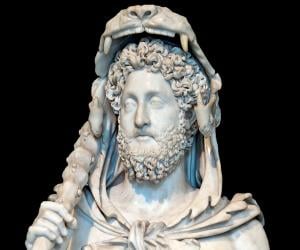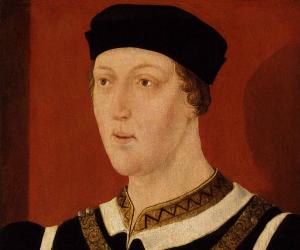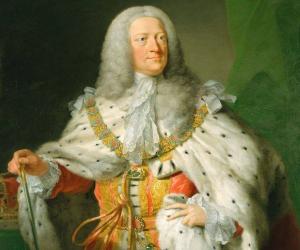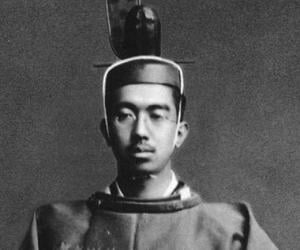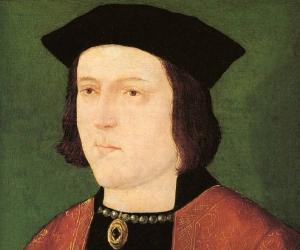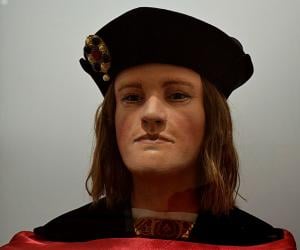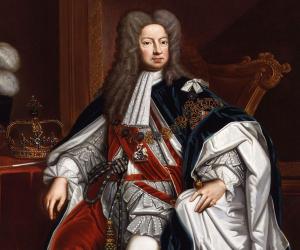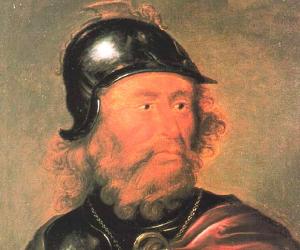Charlemagne, also known as Charles the Great or Charles I, was a medieval ruler and the emperor of most of Western Europe. He is considered one of the most influential and powerful leaders in European history and is often referred to as the "Father of Europe" by historians. During his reign, Charlemagne implemented numerous laws to maintain social order and promote education. He also oversaw the construction of churches and palaces, many of which still stand today. His primary focus, however, was to unite Western Europe as it had been during the Roman Empire. By the time of his death, Charlemagne had expanded his empire significantly, encompassing modern-day France, Belgium, the Netherlands, Germany, Luxembourg, Switzerland, Austria, northern Spain, and northern Italy. The center of his empire was Aachen, a city in western Germany near the modern Belgian border. There, he constructed a grand palace and a remarkable church, now known as Aachen Cathedral, which is regarded as one of the most significant historic buildings in the world. At the time of Charlemagne’s death, his Frankish Empire rivaled the Byzantine Empire in size and was the largest European empire since the fall of ancient Rome.
German Celebrities Born In April
Also Known As: Charles the Great
Died At Age: 66
Spouse/Ex-: Luitgard (m. 794 AD), Desiderata of the Lombards (m. 770 AD–771 AD), Fastrada (m. 784 AD–794 AD), Hildegard of Savoy (m. 771 AD–783 AD)
father: Pepin the Short
mother: Bertrada of Laon
siblings: Carloman I, Gisela
children: Abbott of Saint-Riquier, Adalhaid, Amaudru, Bertha, Charles of Neustria, daughter of Charlemagne, Drogo of Metz, Gisela, Hildegarde, Hiltrude, Hugh, Lothair, Louis the Pious, Pepin of Italy, Pepin the Hunchback, Richbod, Rotrude, son of Charlemagne, Theodoric, Theodrada
Born Country: Germany
Emperors & Kings German Men
Died on: January 28, 814
place of death: Aachen, Germany
City: Aachen, Germany
In 789, he turned to Bavaria and deposed the ruler. He forced him to renounce any claim to Bavaria in 794, and divided Bavaria into Frankish counties.
Charlemagne was a polyglot and could speak several languages, including Latin and Greek, in addition to his native Frankish dialect.
He was known for his love of learning and promoted education throughout his empire, establishing schools and inviting scholars to his court.
Charlemagne was an avid hunter and enjoyed spending time in the outdoors, particularly in the forests of his realm.
Despite his power and influence, Charlemagne was known for his humility and simple lifestyle, often dining on basic foods and wearing plain clothing.
Charlemagne had a close relationship with his daughters and supported their education and involvement in political matters, breaking with traditional gender roles of the time.


